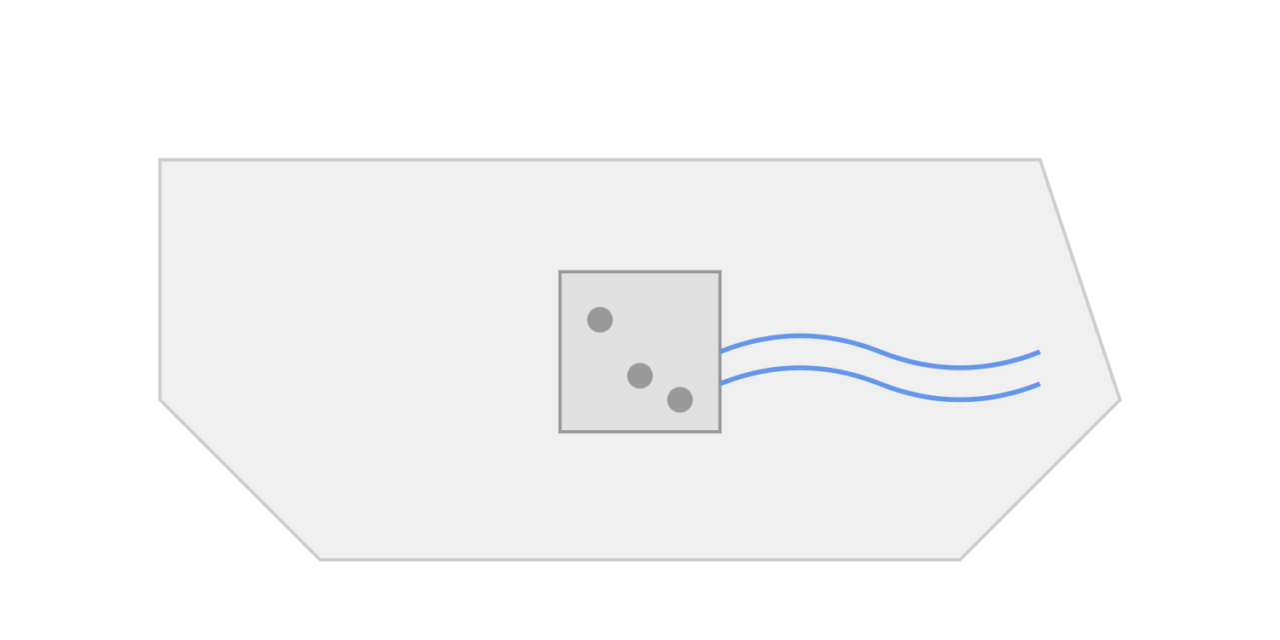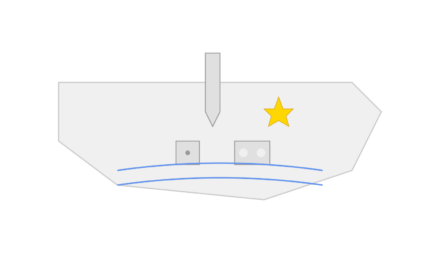In a bold move, Nebraska is positioning itself to join the growing list of states embracing online sports betting. State Senator John Doe introduced LB 421, a bill that aims to legalize online sports wagering and remove restrictions on betting for in-state college teams, such as the beloved University of Nebraska Cornhuskers.
Unlike states that have navigated the often time-consuming voter referendum process, Nebraska’s approach leverages an « emergency » declaration, expediting the potential enactment of the law by September 1, 2025—just in time for college football season. However, the implications of this decision for sportsbooks and the state economy remain a topic of debate.
The Numbers Behind Nebraska’s Betting Market
With a population of 1.96 million adults and a state GDP per capita of approximately $64,000, Nebraska offers a modest yet potentially lucrative market for sportsbooks. The combination of a passionate sports culture and strong loyalty to in-state teams could attract significant betting activity. However, the state’s smaller size compared to larger betting hubs such as New York or Illinois might limit its appeal to major operators.
On the flip side, Nebraska’s legalization could provide a competitive edge for sportsbooks seeking new opportunities in underrepresented markets. By targeting a fan base that has long been unable to bet on college sports involving home teams, operators may find a niche audience eager to participate.
Economic Potential or Overstated Opportunity?
Proponents of LB 421 argue that the bill could provide Nebraska with a much-needed boost to its economy. Sports betting revenues could generate millions in tax dollars, supporting public education, infrastructure, or other initiatives. States like Colorado and Iowa have seen tangible benefits from their online sports betting programs, suggesting that Nebraska could follow suit.
However, critics warn that the market might not be large enough to sustain significant long-term growth. A limited adult population and a reliance on college football betting could restrict the scope of revenue opportunities. Additionally, the lack of a constitutional amendment raises questions about the legal durability of the bill.
The Strategic Timing of LB 421
The timing of the bill is no coincidence. College football season is a major cultural and economic event in Nebraska, and the law’s proposed September 1, 2025, start date aligns perfectly with this period of heightened sports enthusiasm. Removing the ban on in-state college sports betting further amplifies the potential for engagement, especially among Cornhusker fans.
Still, the emergency declaration route may set a precedent for circumventing the democratic process, potentially stirring controversy among voters who feel sidelined in the decision-making process.
A Win for Sportsbooks?
For sportsbooks, Nebraska represents a double-edged sword. On one hand, entering a market with dedicated sports fans and limited competition is appealing. On the other, the state’s relatively small size may result in marginal returns compared to more populous states. Companies like FanDuel, DraftKings, and BetMGM will need to evaluate whether Nebraska’s market potential justifies the investment in licenses, technology, and marketing. Concerning smaller operator, it’s likely a no-brainer : only a global operator with strong footprints in the US can really benefit of Nebraska’s opening.
Final Thoughts
As LB 421 progresses through the legislative process, Nebraska finds itself at a crossroads. The bill could position the state as an emerging player in the sports betting industry, but questions remain about the viability and sustainability of its market.
For now, the prospect of legal online sports betting and the removal of restrictions on in-state college wagers is generating buzz, and rightly so. Whether Nebraska can convert its passion for sports into a robust betting economy will ultimately depend on legislative decisions, operator interest, and the willingness of its residents to embrace this new frontier.





